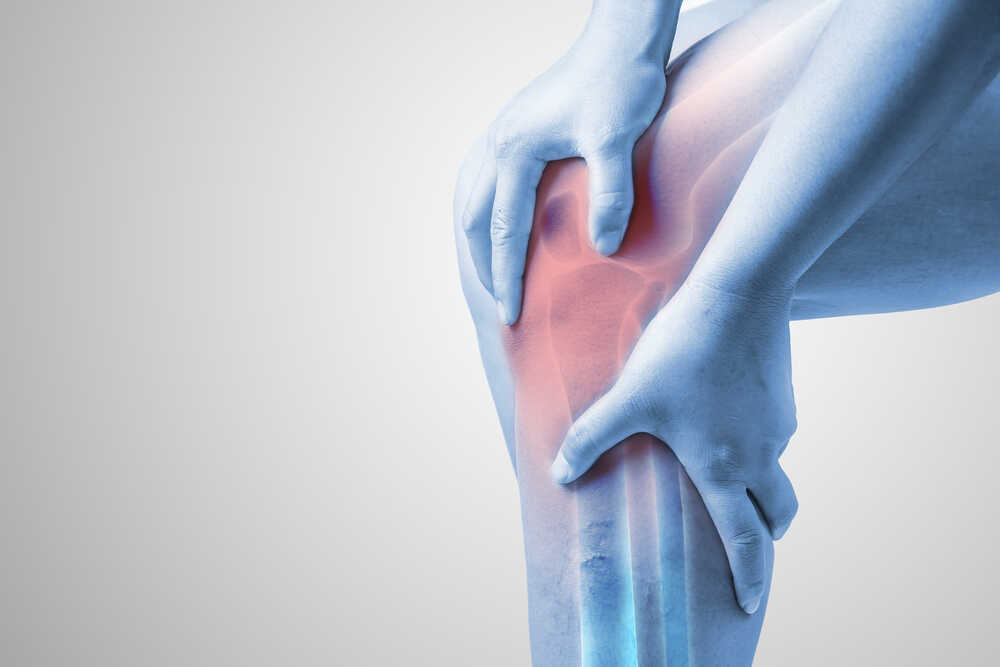Are you always tired?
Burnout can be characterized by feeling tired all the time. It’s not just occasional sleepiness after a late-night or a hectic week. This is a deep, overwhelming tiredness that does not go away when you rest.
You might find you lack the energy to do what you normally enjoy. You may find it difficult to get up in the morning. This kind of exhaustion may have a negative impact on your job, your relationships and your general well-being.
Are You Cynical or Detached?
You may feel disconnected from the world around you and yourself. You might find that you are more negative and critical. You may lash out or react excessively to minor irritations.
It may seem like you lack the energy to be concerned.
You may feel isolated from your family and friends. You may also feel that your work is meaningless or you cannot make a significant difference.
Feeling Unsatisfactory?
Burnout can also manifest as a feeling of not being good enough. Imposter syndrome, or the belief that you are not qualified to do your job, can be a manifestation of burnout.
You might find yourself questioning your abilities and effectiveness. This can result in decreased productivity and a feeling of being stuck.
Do You Have Trouble Concentrating?
You will find it difficult to concentrate on anything when you are burnt out. You may find it difficult to focus on a task and your mind will feel foggy. You may find that you make more mistakes, miss deadlines and forget important details.
It can be frustrating, and you may feel even more stressed as you try to catch-up. This can affect your quality of living as you might not be able to enjoy leisure activities with family or friends.
Are you feeling irritable, depressed or anxious?
You might feel tense, impatient or easily frustrated. You may also have trouble relaxing or sleeping. Burnout can be exacerbated by this, resulting in a downward spiral.
You might also suffer from depression or anxiety symptoms, including low mood, trouble sleeping or eating, and hopelessness.
Burnout can affect your physical health. You might find that you are sick more frequently or have difficulty recovering from an illness. Chronic stress can weaken the immune system.
Burnout can also cause headaches, digestive issues, and chronic pain. Stress and burnout, if they persist for a longer period of time, can increase the risk of heart disease and obesity. They may also lead to type 2 diabetes and other chronic conditions.
How to Restore balance and avoid burnout
Take steps to restore your balance if you are struggling with burnout. Take breaks, set boundaries and learn to say no.
Stress can be managed in a healthy way. People often make the mistake of turning to unhealthy ways to cope with stress, like drinking alcohol or taking recreational drugs. You will only end up making your problems worse.
Find healthy ways to relieve stress instead, like creative art, exercise or journaling.
It’s important to seek professional assistance if you are struggling to deal with burnout. A therapist will help you to identify the causes of burnout, and create a plan for rejuvenation and self-repair.













